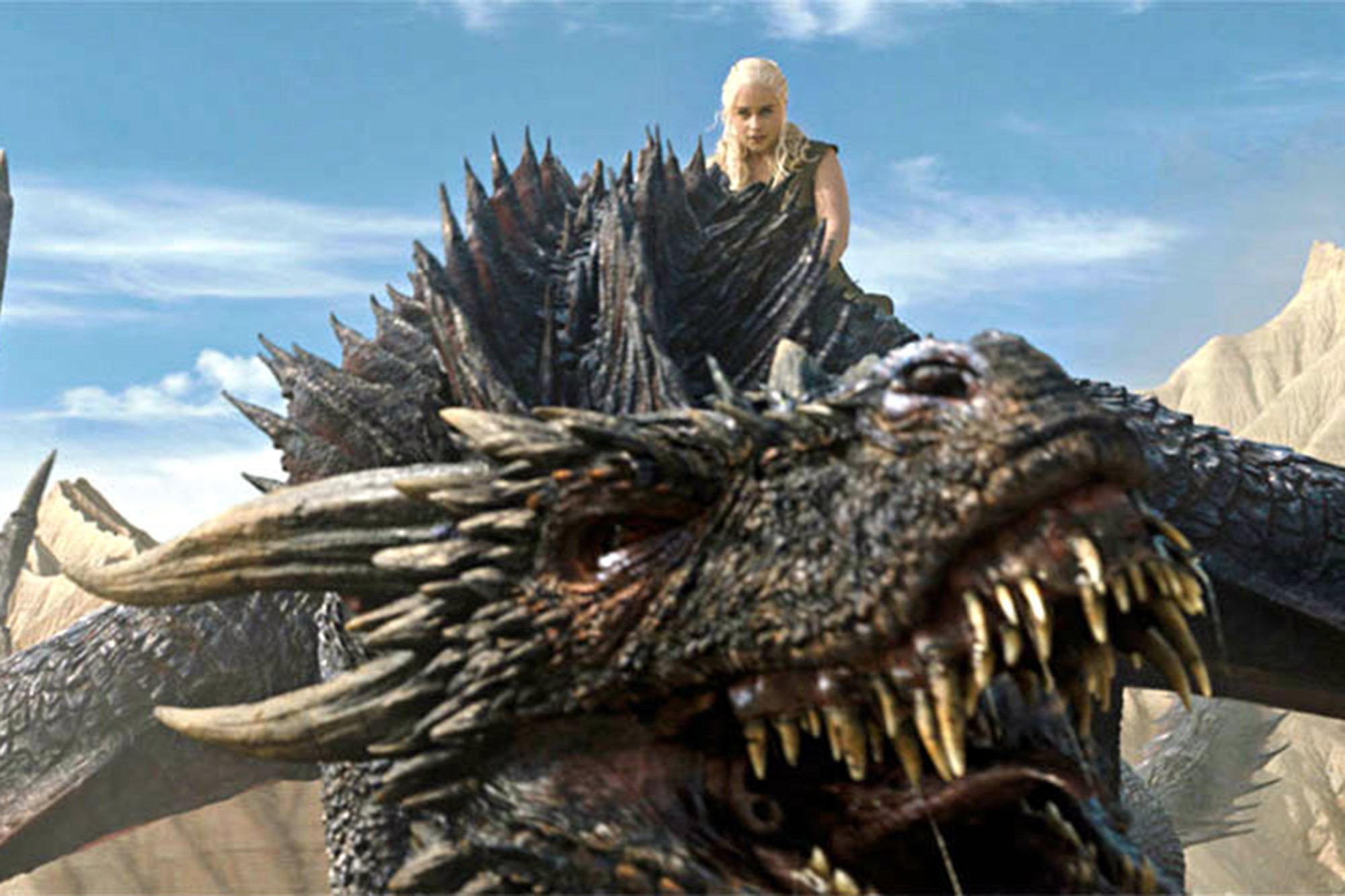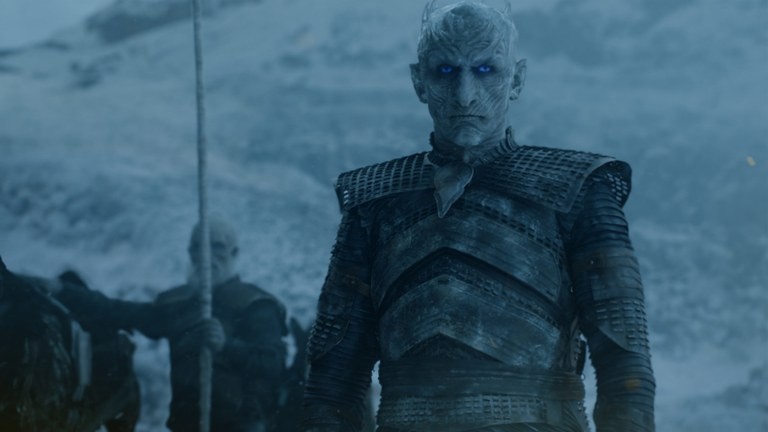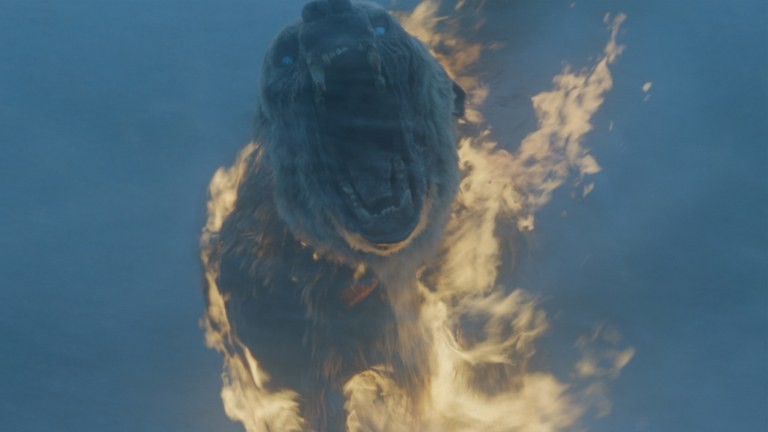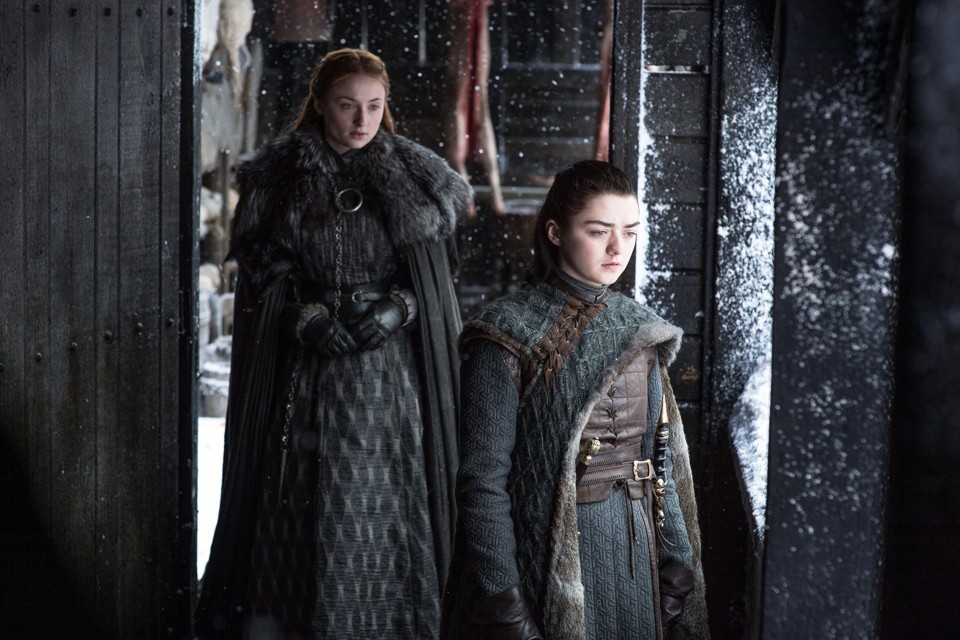I’ll admit I got a little choked up at the beginning of Dark Phoenix when the 20th Century Fox fanfare sounded. Since 1935, it has signaled the beginning of so many great movies. Originally it was Charlie Chan mysteries that kept the lights on, then Basil Rathbone as Sherlock Holmes was the studio’s big star. Henry Fonda starred in Young Mr. Lincoln and The Grapes of Wrath. John Ford got the studio’s first Best Picture with How Green Was My Valley. In the 1940s, Fox had both the courage to take on anti-Semitism with Best Picture winner Gentleman’s Agreement and the silliness to let Howard Hawks and Cary Grant make I Was a Male War Bride. In the ’50s, Fox churned out 30 pictures a year, including gems like All About Eve. The ’60s kicked off with Marylin Monroe in Let’s Make Love before the bloated historical epic Cleopatra almost sank the studio, despite being the highest-grossing movie of 1963. The decade ended with Planet of the Apes and Butch Cassidy and the Sundance Kid, then the 1970s began with M*A*S*H*. There was Young Frankenstein, The Rocky Horror Picture Show, and, of course, Star Wars in 1977, a film which changed the entire calculous of Hollywood. The 1980s ranged from the serious Chariots of Fire to the unserious Cannonball Run. In 1984, Tom Hanks got his start thanks to Fox with Bachelor Party. A nine-month period in 1986-87 produced John Carpenter’s Big Trouble in Little China, David Cronenberg’s The Fly, James Cameron’s Aliens, and the Coen brothers’ Raising Arizona. The 1990s began with Point Break and Miller’s Crossing, made a star out of Keanu Reeves with Speed, then ended with Star Wars Episode I: The Phantom Menace.
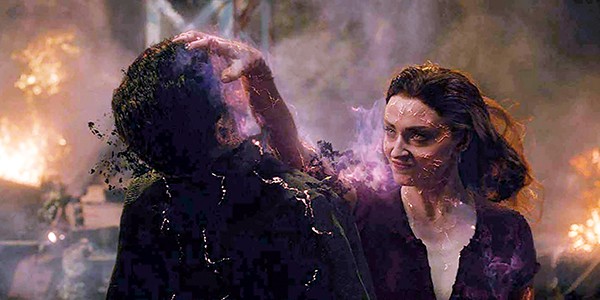
The X-Men franchise turns to ash with Dark Phoenix, starring Game of Thrones alum Sophie Turner.
The new century began with X-Men, the moment when the superhero trend kicked into high gear. Bryan Singer, a Sundance winner whose commercial career began with The Usual Suspects, was the director who was finally able to make a non-Batman comic book movie respectable. It would set the studio’s course for the new century — and ultimately lead to its demise.
After the Star Wars prequels concluded in 2005, X-Men became the franchise that kept the lights on at Twentieth. The series had its high points, like Singer’s first two films and 2014’s Days of Future Past. But as Marvel and Disney grew into a spandex juggernaut, Fox’s creative team seemed adrift, unable to even make a decent Fantastic Four movie. X-Men: Apocalypse was an unmitigated disaster, due mostly to Singer, who, it turns out, is a serial sex predator who just stopped coming to work one day in the middle of production. The moody, low-key Logan should have been the end of the series, but here we are.
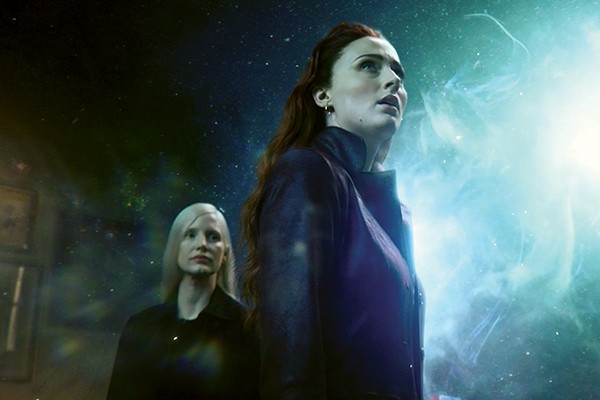
Jessica Chastain (left) and Sophie Turner try to rise from the ashes in Dark Phoenix.
Last year, Disney was flush with Avengers and Star Wars cash, and the Murdoch family decided they wanted out of the film business so they could devote themselves to destroying the world full-time. Disney officially took control of Fox in March, ending an era in Hollywood, cancelling dozens of productions, and laying off 4,000 people.
Dark Phoenix was in production during the negotiations, and odds are it will be the last film to feature the Fox fanfare. It’s an adaptation of one of the greatest and most beloved stories in comic book history — and one that Fox already mined for the awful X-Men: The Last Stand. This was to be a do-over, and give Simon Kinberg, the guy who cleaned up Singer’s mess, a chance for greatness. Kinberg is an experienced producer and studio apparatchik, but this is his first official project in the director’s chair, and it shows.
It gets off to a promising enough start. It’s 1992, and the space shuttle Endeavor is disabled in orbit. Professor X (James McAvoy) sends the X-Men to rescue the astronauts, but when things go pear-shaped, Jean Grey (Sophie Turner) ends up irradiated by the strange cosmic force that waylaid the shuttle. Instead of killing her, it makes her stronger, until she becomes a danger to everyone around her.
Unfortunately, no one seems to care. Turner, fresh from the triumph of Game of Thrones, looks lost in what should be her big leading-woman moment. Jennifer Lawrence as Raven mostly just stares blankly into the camera. McAvoy at least looks like he’s trying as Professor X. The edit is flaccid at best, there’s some shoddy camerawork that is simply inexcusable in a $200 million production, and the score by Hans Zimmer sounds like a series of electric farts.
The Marvel theme is “with great power comes great responsibility,” and the Dark Phoenix saga is meant to show what happens when that maxim fails. Instead, it shows what happens when no one cares about their job anymore. It’s an ignominious end to a once-great franchise and a once-proud studio.
